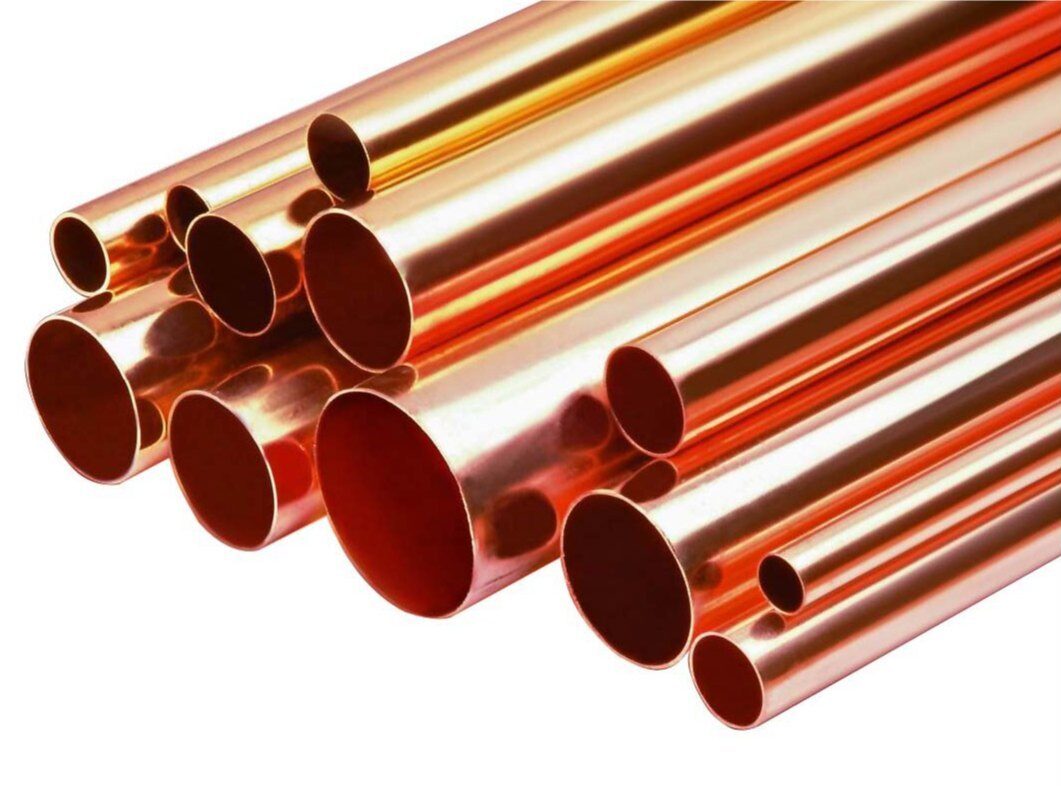DLP Copper
- Home
- >
- Copper
- >
- DLP Copper

DLP Copper
DLP Copper, or Deoxidized Low Phosphorus Copper, is a copper alloy known for its excellent thermal and electrical conductivity, good corrosion resistance, and ease of fabrication. It is widely used in various industrial applications, including plumbing, heat exchangers, and electrical components.
Composition:
- Copper (Cu): 99.9%
- Phosphorus (P): 0.004-0.012%
Grades
ASTM B 68 C 12200:
- ASTM B68: Standard Specification for Seamless Copper Tube, Bright Annealed.
- C12200: Designation for DLP Copper in this standard.
ASTM B 75 DLP C 12000:
- ASTM B75: Standard Specification for Seamless Copper Tube.
- C12000: Designation for Deoxidized Low Phosphorus Copper in this standard.
BS 2871 Part 2 C 101:
- British Standard for copper tubes.
- C 101: Designation for DLP Copper in this standard.
BS 2871 Part 3 C 106:
- British Standard for copper tubes used in general engineering applications.
- C 106: Designation for DLP Copper in this standard.
EN 12451 DHP - CW 023A:
- European standard for copper and copper alloys – Seamless, round tubes for heat exchangers.
- CW 023A: European designation for DLP Copper.
JIS H 3300 C 1220:
- Japanese Industrial Standard for copper and copper alloy seamless tubes.
- C 1220: Japanese designation for DLP Copper.
Properties:
- Corrosion Resistance:
- Excellent resistance to corrosion in freshwater, seawater, and various industrial environments.
- Good resistance to dezincification, making it suitable for water supply systems.
- Mechanical Properties:
- Tensile Strength: Typically around 210-250 MPa.
- Yield Strength: Approximately 50-100 MPa.
- Elongation: Generally around 35-45%, indicating good ductility.
- Hardness: Moderate hardness, with a typical Brinell hardness number (HB) of around 40-70.
- Thermal and Electrical Conductivity:
- High thermal conductivity, making it ideal for heat exchangers and other thermal applications.
- Excellent electrical conductivity, close to that of pure copper.
Applications:
Plumbing and Heating: Extensively used in plumbing systems for water supply and heating due to its corrosion resistance and ease of fabrication.
Heat Exchangers: Ideal for heat exchanger tubes due to its excellent thermal conductivity and resistance to corrosion.
Industrial Applications: Employed in industrial equipment where good corrosion resistance and ease of welding are required.
Electrical Applications: Used in electrical components where high conductivity is crucial.
